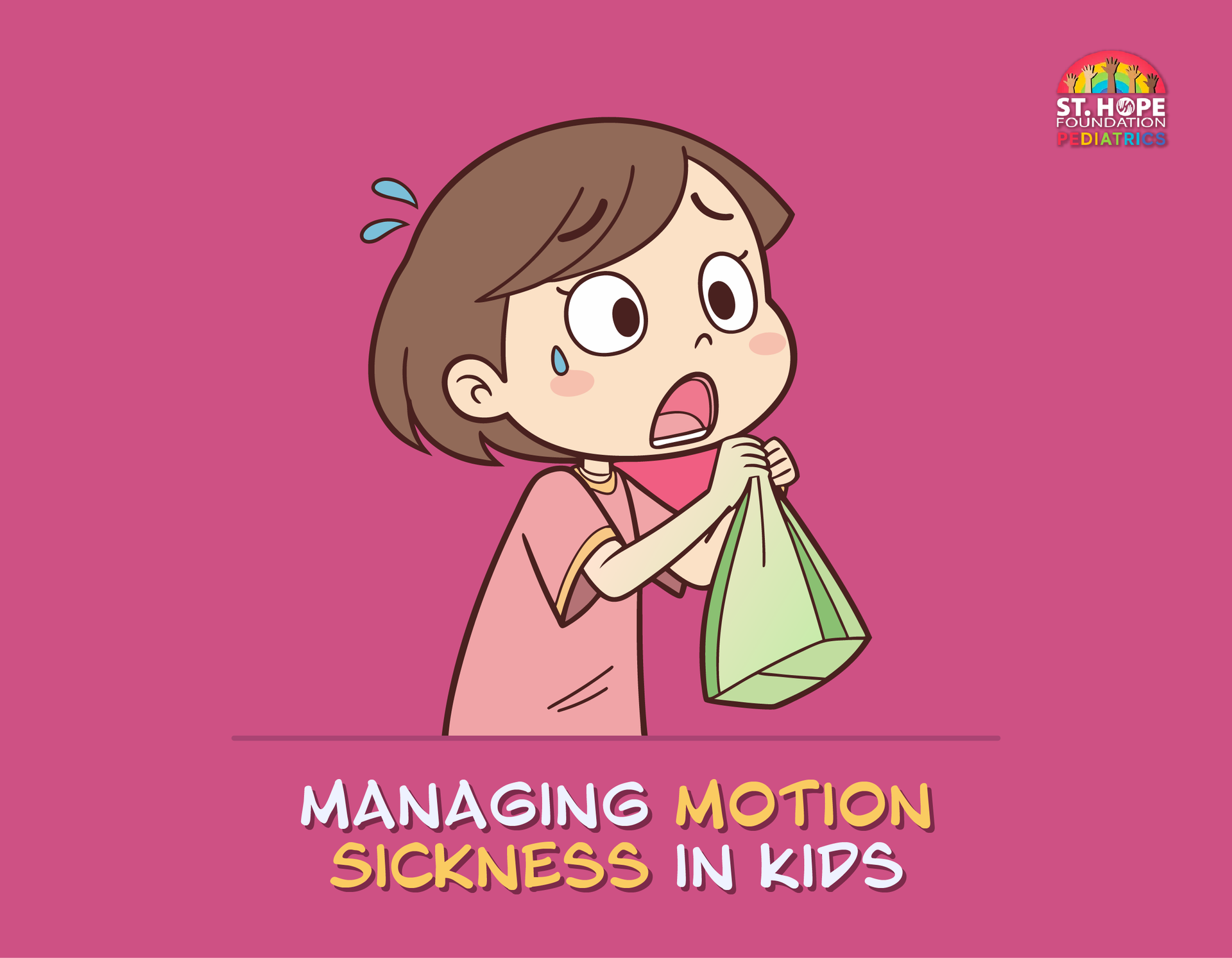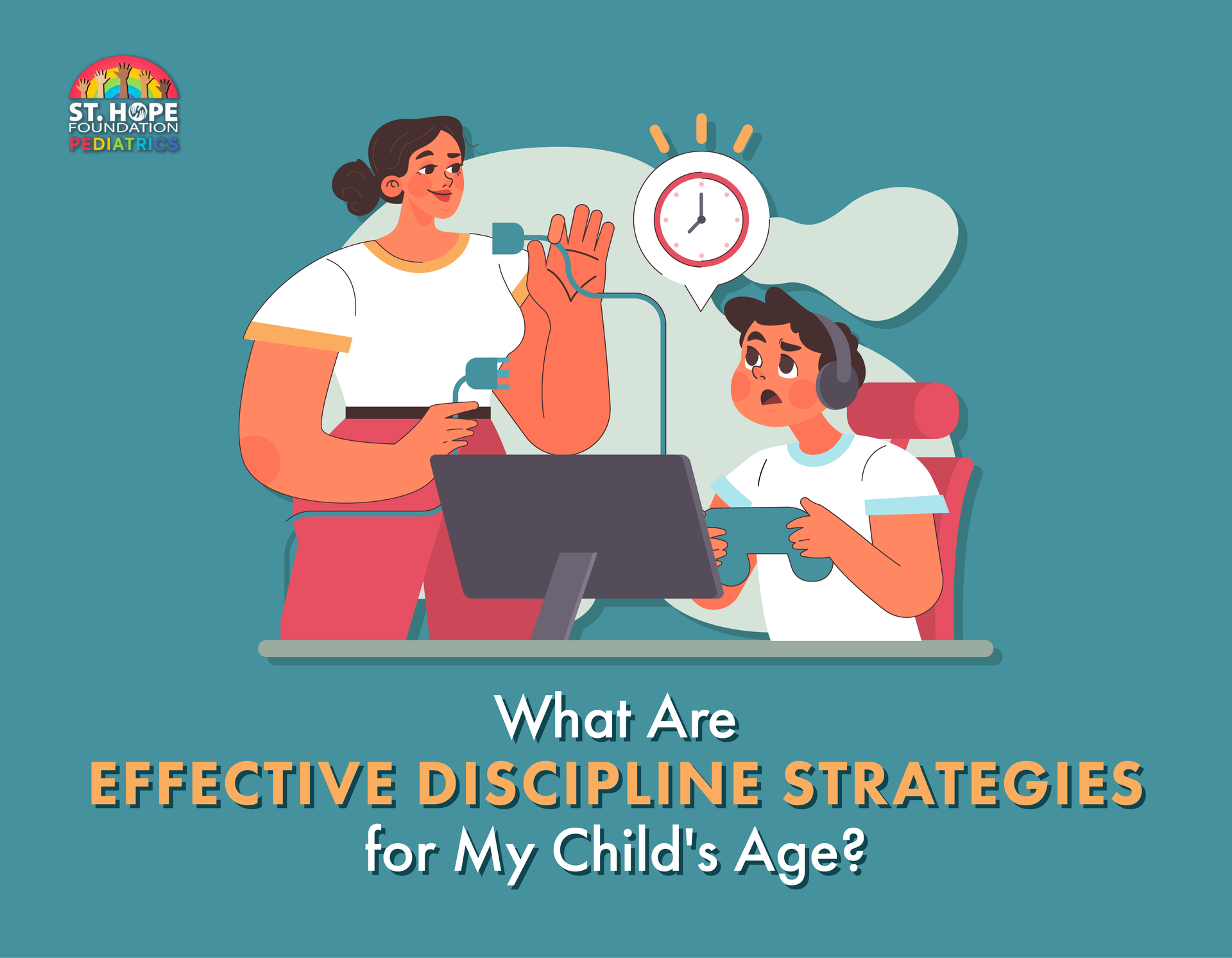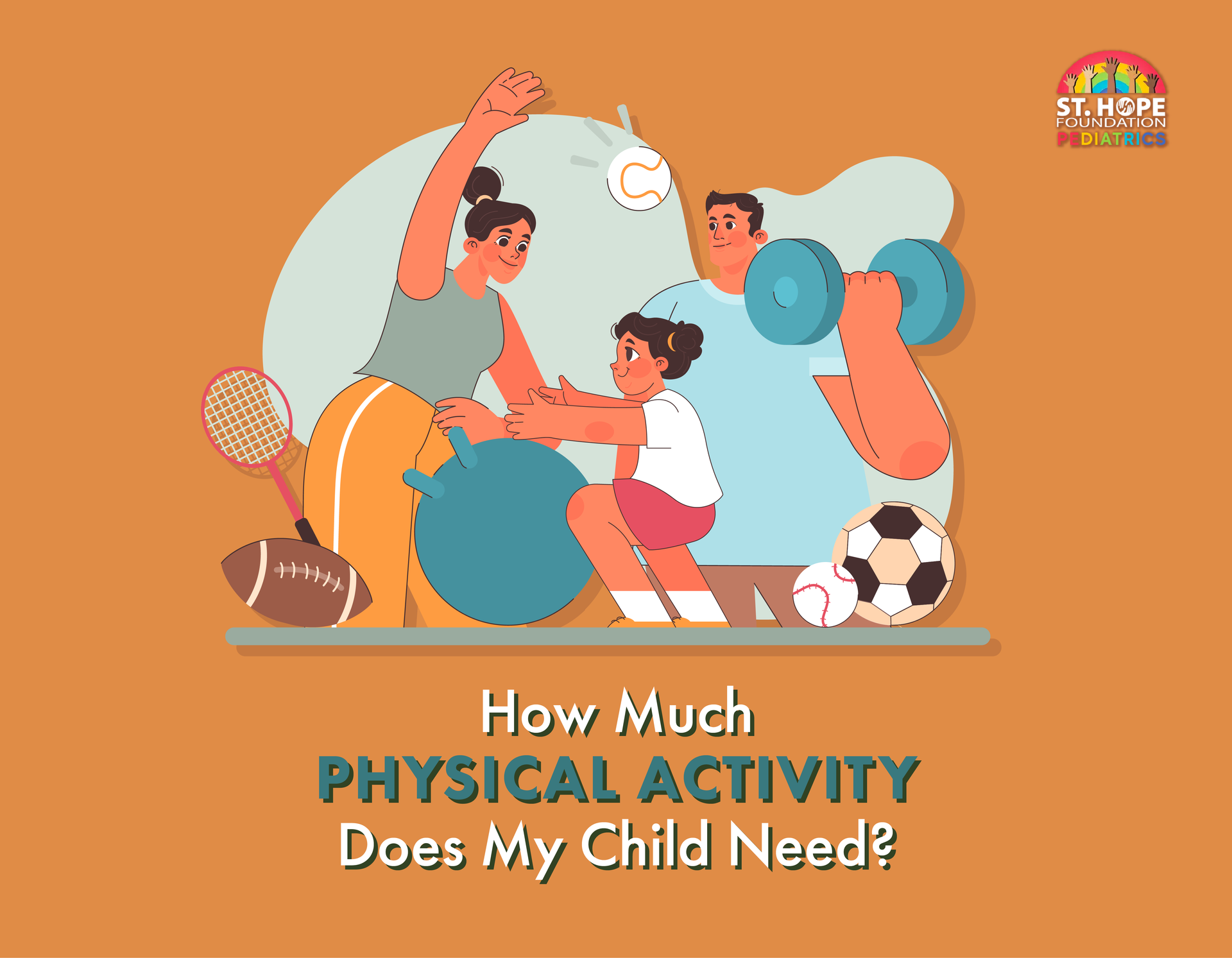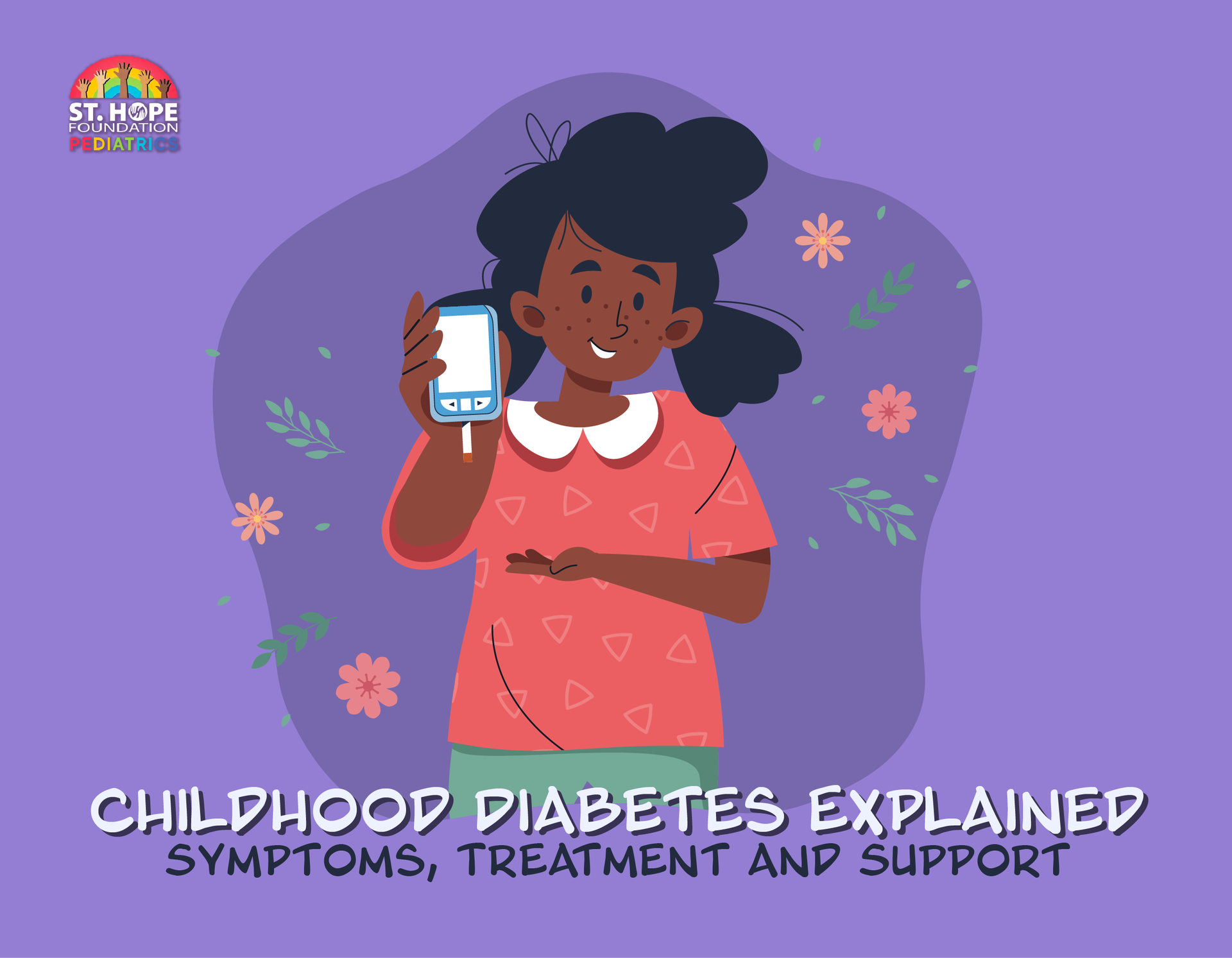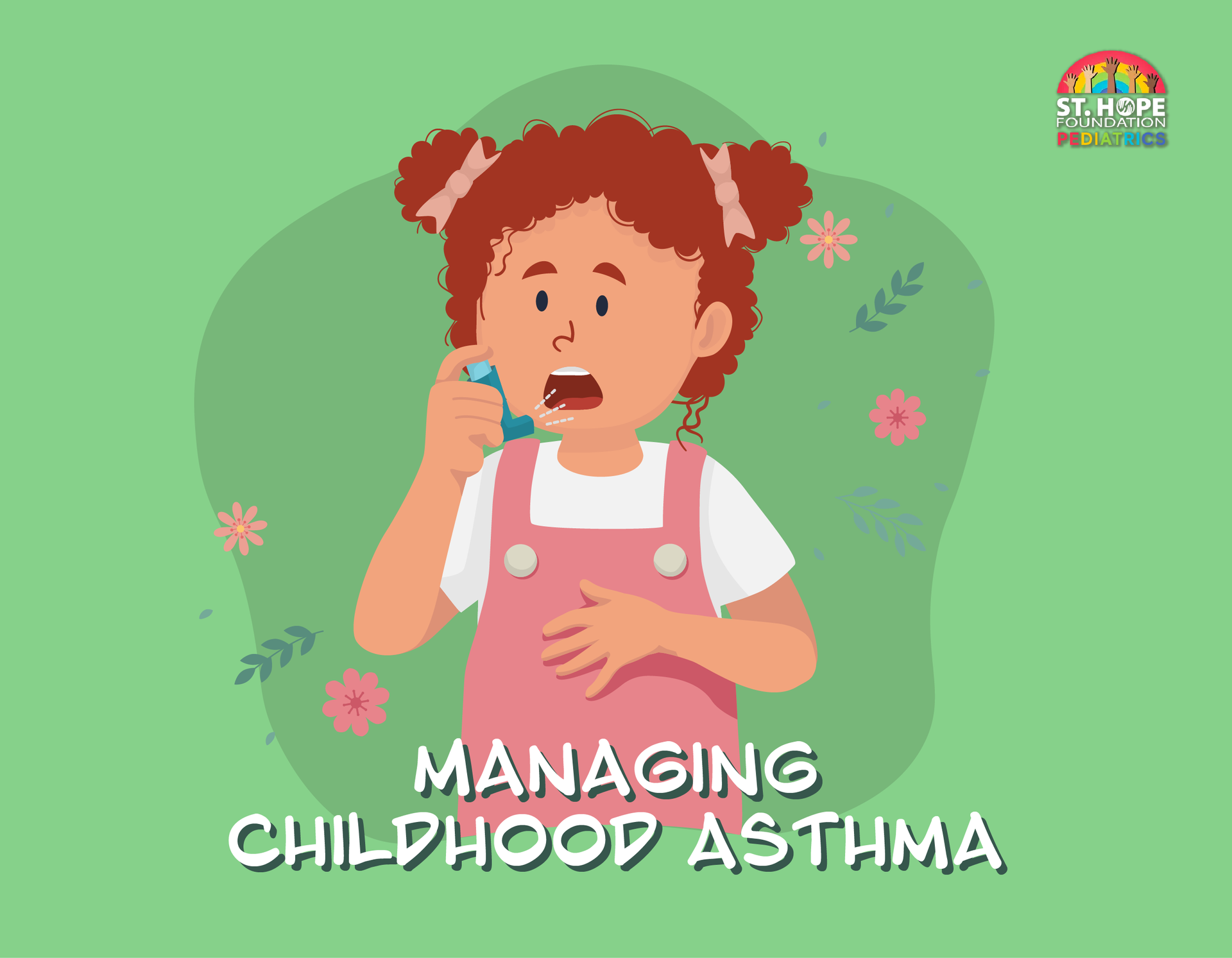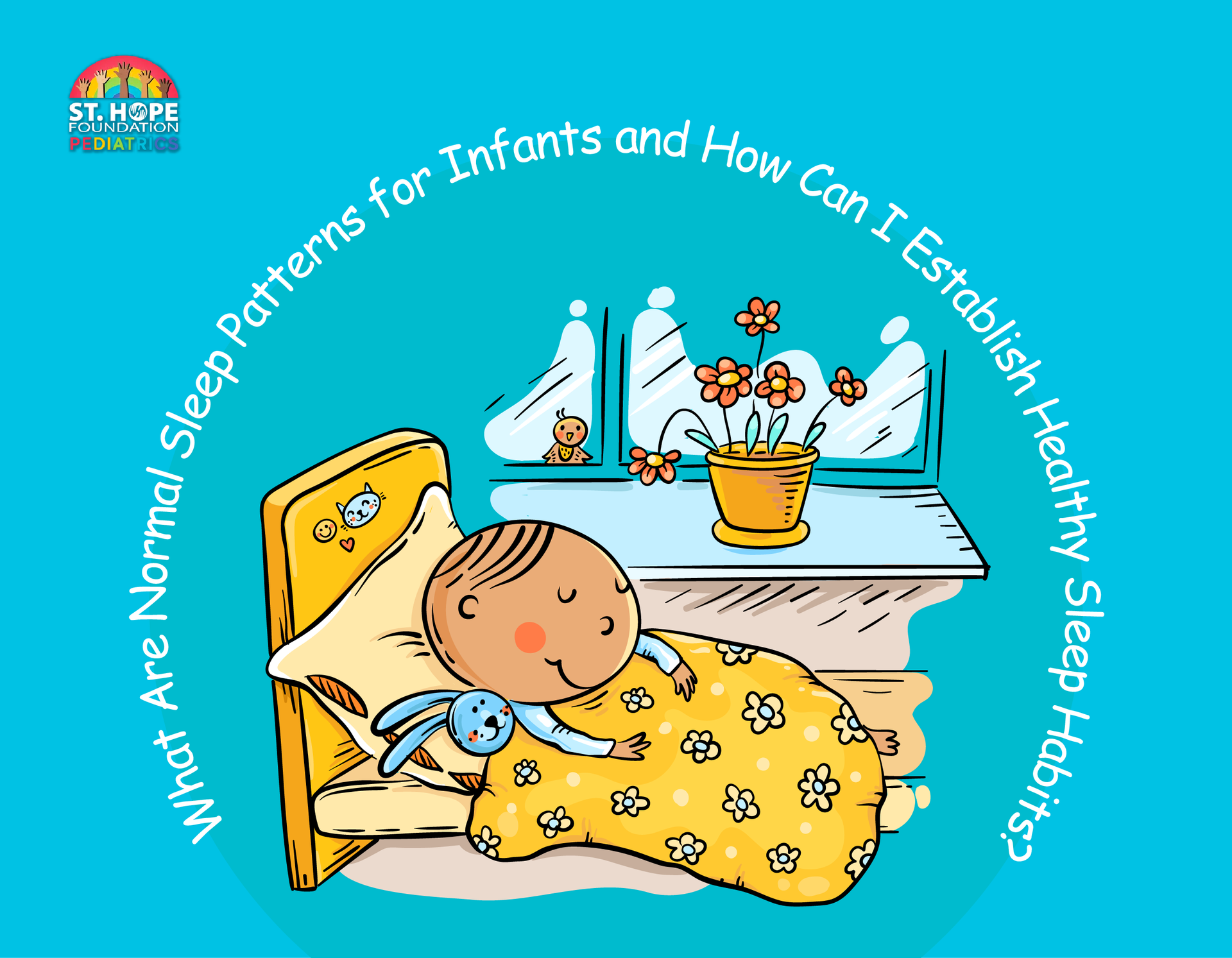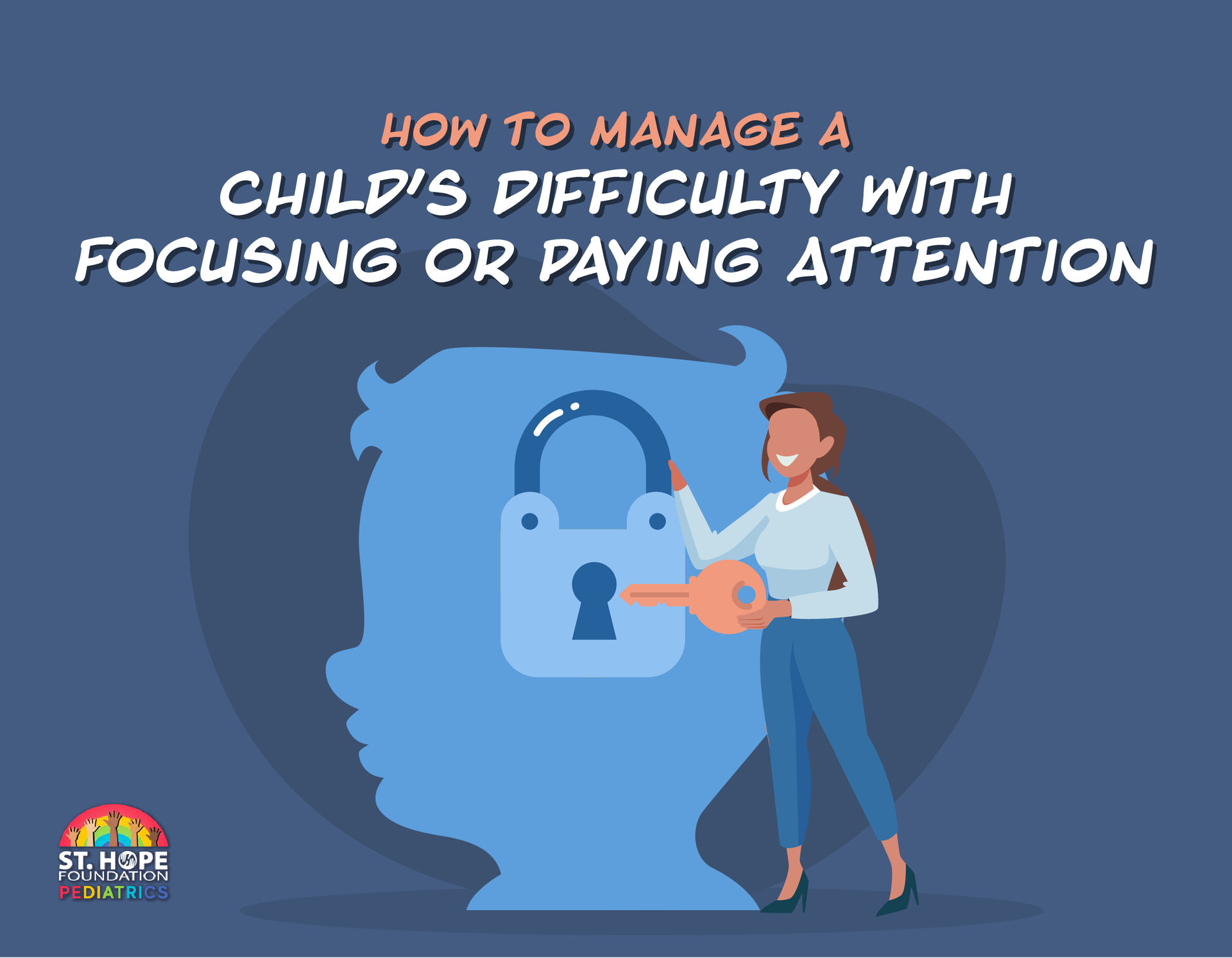
Concentration is a skill that takes time to learn, which can often mean years of frustration as you try to instill good studying habits in your kids or the basic ability to sit still and pay attention, even when what they’re watching or doing doesn’t interest them.
The ability to pay attention is an important asset that they’ll need in virtually every period of their life, especially since the more tedious parts of learning will test their attention span. Moreover, some kids can struggle more with focusing than others, which means your child may need extra help – whether this is due to ADHD or something else.
At St. Hope Pediatrics, we’ve worked with hundreds of families in the Houston metro area through their child’s development, advising them through the growing pains and providing custom strategies to help them improve their child’s concentration.
Is It ADHD?
Just because your child is having difficulty focusing doesn’t necessarily mean they have ADHD. Being fidgety and unable to focus are typical childhood behaviors. However, if their inattentiveness significantly impairs their ability to function in school, at home or with friends to a much more noticeable degree than other children, it may be indicative of ADHD, ADD or another neurological disorder.
In the U.S., 11 percent of children are diagnosed with ADHD, and the condition can manifest in many different forms. Some children can be inattentive but not hyperactive, vice versa or both, exhibiting both inattentive and hyperactive behaviors. The experienced pediatricians at St. Hope Pediatrics can examine your child’s symptoms and provide a referral to a childhood psychologist to obtain an accurate diagnosis and a treatment plan to manage your child’s symptoms.
There are parenting strategies to help a child with ADHD concentrate, as well as steps you can take to help a child without ADHD stay engaged with school and pay better attention.
Factors That May Improve Concentration
Environmental Influences
A noisy environment in a room with a lot of people coming in and out can make it difficult for anyone to stay focused. Minimize distractions during homework or study time by creating a quiet, organized space away from high-traffic areas of the home. Establishing a predictable routine with short breaks can also make it easier for your child to pay attention, as it can teach them how to regulate their attention span.
Positive Reinforcement
Concentrating at an early age is a challenge. Positive reinforcement for staying focused, like setting achievable goals and celebrating their efforts when they succeed, can give them the motivation they need to pay attention and boost their confidence.
Separations and Breaks
Looking at a task as one big, continuous chore can make it harder to stay focused and overwhelm your child with a seemingly insurmountable hurdle, increasing their stress and reducing their commitment to accomplishing the goal. Breaking tasks into smaller, manageable segments with concise instructions and short breaks where they can move around can keep children on track and lower their anxiety.
Assistive Technology
Using certain technology to assist your child’s focus can be highly beneficial. Timers can help children understand how long they need to focus and when they can take a break, while organizational tools such as planners and checklists can make it easier for children to manage their tasks better.
Health and Nutrition
It may not just be outside triggers affecting your child. Inadequate sleep and high stress levels might be affecting their ability to concentrate. A balanced diet with protein, omega-3 fatty acids, zinc and iron can be key to supporting brain function, helping them focus better and stay calm as they work.
Our Reputable Pediatricians and Counselors Will Give Your Child the Tools They Need to Grow and Develop Naturally
At St. Hope Pediatrics, we’ll be with you for every step of your child’s physical and mental development. We’ve helped many families across Houston, advising parents through their child’s early years and giving them guidance, solutions and treatments through the more tumultuous moments.


